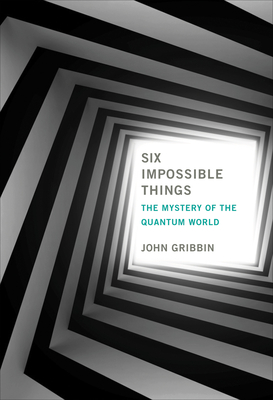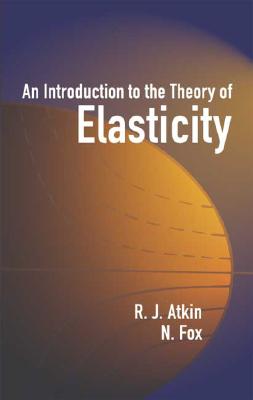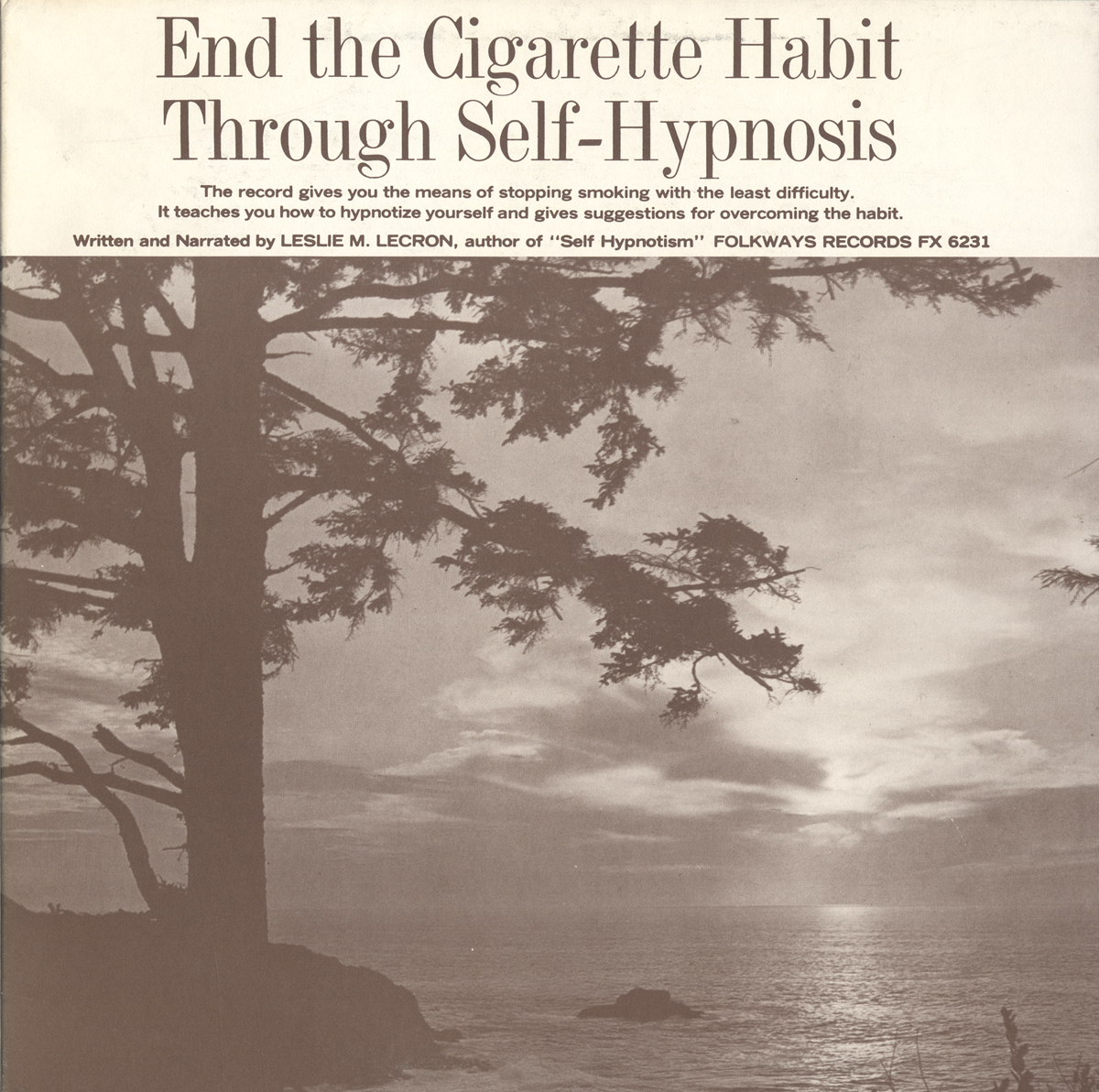
description
8"An elegant and accessible" investigation of quantum mechanics for non-specialists--"highly recommended" for students of the sciences, sci-fi fans, and anyone interested in the strange world of quantum physics (Forbes) Rules of the quantum world seem to say that a cat can be both alive and dead at the same time and a particle can be in two places at once. And that particle is also a wave; everything in the quantum world can described in terms of waves--or entirely in terms of particles. These interpretations were all established by the end of the 1920s, by Erwin Schrödinger, Werner Heisenberg, Paul Dirac, and others. But no one has yet come up with a common sense explanation of what is going on. In this concise and engaging book, astrophysicist John Gribbin offers an overview of six of the leading interpretations of quantum mechanics. Gribbin calls his account "agnostic," explaining that none of these interpretations is any better--or any worse--than any of the others. Gribbin presents the Copenhagen Interpretation, promoted by Niels Bohr and named by Heisenberg; the Pilot-Wave Interpretation, developed by Louis de Broglie; the Many Worlds Interpretation (termed "excess baggage" by Gribbin); the Decoherence Interpretation ("incoherent"); the Ensemble "Non-Interpretation"; and the Timeless Transactional Interpretation (which theorized waves going both forward and backward in time). All of these interpretations are crazy, Gribbin warns, and some are more crazy than others--but in the quantum world, being more crazy does not necessarily mean more wrong.
member goods
No member items were found under this heading.
Return Policy
All sales are final
Shipping
No special shipping considerations available.
Shipping fees determined at checkout.







